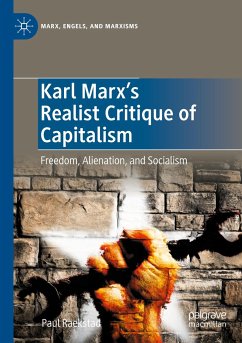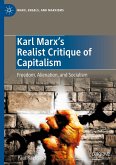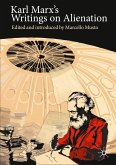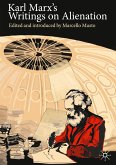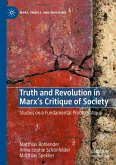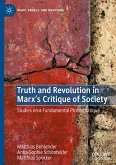This book offers the first realist reconstruction of Marx's critique of capitalism. Reading Marx through a realist lens enables us to make sense of the connections between (1) Marx's positive concept of freedom, rooted in a theory of human development, (2) his understanding of alienation as diagnosing capitalist unfreedom, and (3) his conceptions of democracy and socialism, respectively, as the cures for this unfreedom. Along the way, it discusses and responds to some of Marx's most insightful critics, such as Max Weber and Friedrich Hayek. This clarifies Marx's ideas for a new generation of political thinkers; explains the challenge they pose to contemporary debates about freedom, democracy, and future economic institutions; and demonstrates that these ideas remain both defensible and compelling.
Bitte wählen Sie Ihr Anliegen aus.
Rechnungen
Retourenschein anfordern
Bestellstatus
Storno

